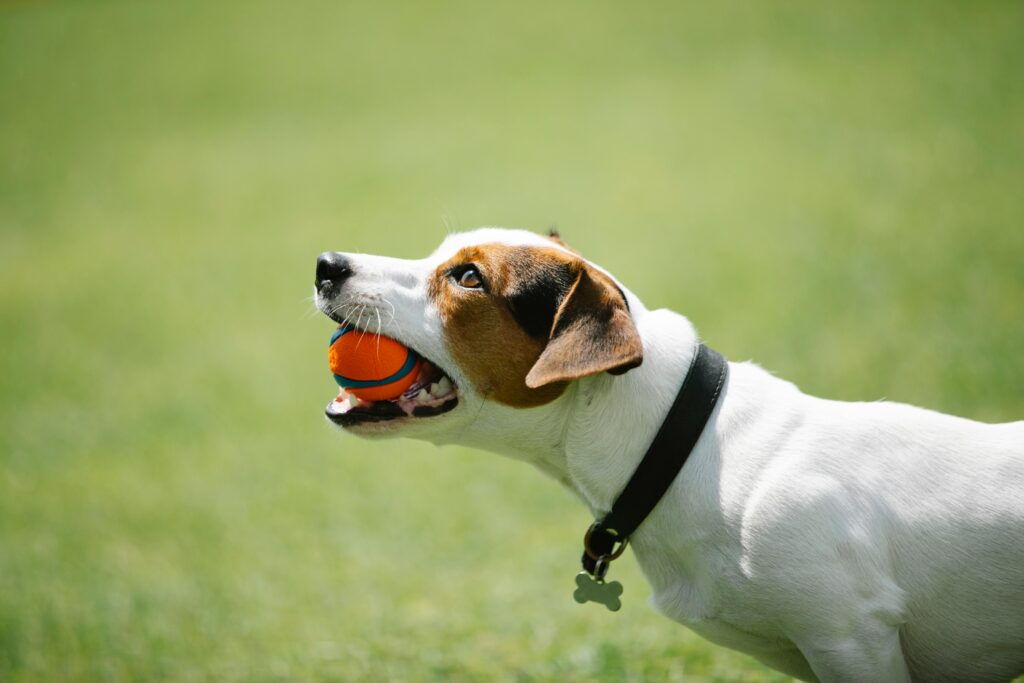
Puppy Training Tips – Bringing a puppy into your life is an exciting journey filled with joy, challenges, and plenty of learning experiences. One of the most crucial steps to ensure a happy and well-adjusted furry companion is training. Proper training not only fosters good behavior but also strengthens the bond between you and your pup. In this blog, we’ll share 10 essential puppy training tips every dog owner should know. Let’s get started!
1. Start Early with Basic Commands
The earlier you begin teaching your puppy basic commands like “sit,” “stay,” and “come,” the easier it will be for them to learn. Puppies are most receptive to training between 8 to 16 weeks old. Use treats and praise to reinforce good behavior during these early lessons.
2. Be Consistent
Consistency is key in puppy training. Use the same words, tone, and gestures for commands to avoid confusing your puppy. Make sure everyone in your household follows the same rules to create a clear and predictable environment for your pup.
3. Use Positive Reinforcement
Reward-based training is highly effective for puppies. Whenever your puppy follows a command or behaves well, offer a small treat, plenty of praise, or a favorite toy. Avoid punishment, as it can lead to fear and anxiety.
4. Practice Patience
Training takes time, and your puppy will make mistakes. Stay calm and patient throughout the process. Focus on celebrating small wins and remember that persistence will pay off in the long run.
5. Focus on Socialization
Expose your puppy to various people, environments, and other animals early on. Socialization helps reduce fear and encourages good behavior around strangers and other dogs. Always supervise interactions to ensure safety.
6. Crate Train for Comfort and Safety
Introduce your puppy to a crate as a safe and comfortable space. Crate training can assist with potty training, prevent destructive behavior, and provide a secure place for your puppy to relax.
7. Establish a Routine
Puppies thrive on routine. Set consistent feeding, potty, play, and sleep schedules. A regular routine helps your puppy feel secure and makes training more predictable.
8. Address Biting and Chewing Early
Puppies explore the world with their mouths, but biting and chewing can become problematic. Redirect these behaviors to appropriate toys and discourage biting with a firm “no” followed by praise when they stop.
9. Train in Short, Frequent Sessions
Puppies have short attention spans. Keep training sessions brief—around 5–10 minutes—and repeat them several times a day. This approach keeps your puppy engaged and eager to learn.
10. Seek Professional Help When Needed
If you’re struggling with specific behavioral issues or advanced training, don’t hesitate to seek guidance from a professional dog trainer. Their expertise can make a significant difference in your puppy’s development.
Final Thoughts
Training your puppy doesn’t have to be overwhelming. By following these puppy training tips, you’ll set your furry friend up for a lifetime of good behavior and a strong bond with you. Remember, patience, consistency, and love are the pillars of successful training.
For more tips and advice on raising a happy, healthy puppy, explore our blog at PetsDogPuppy!
